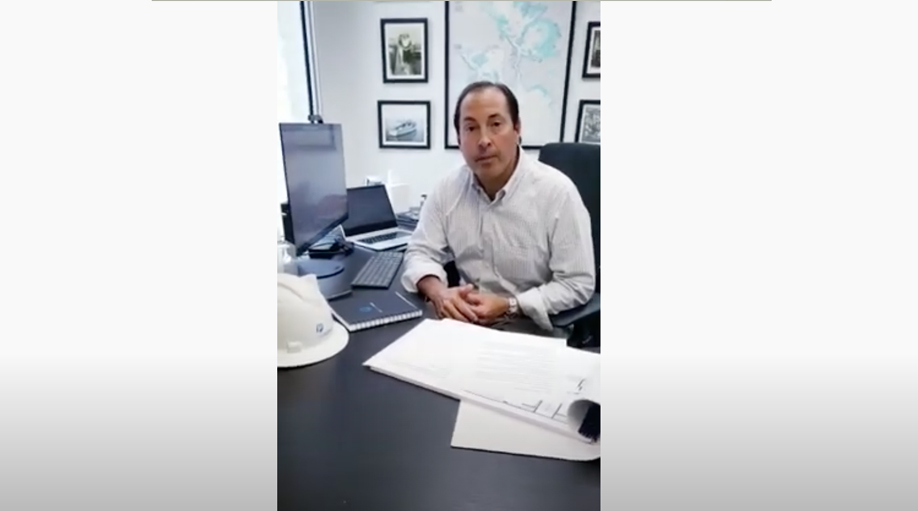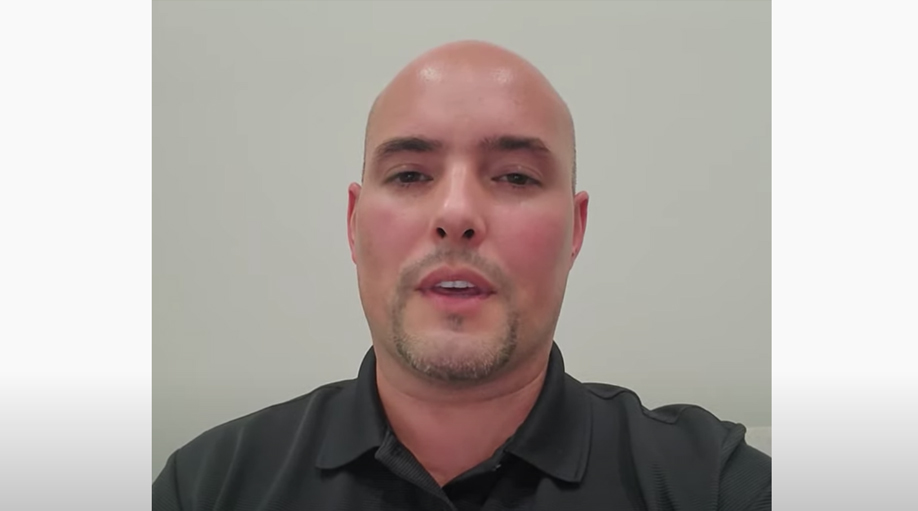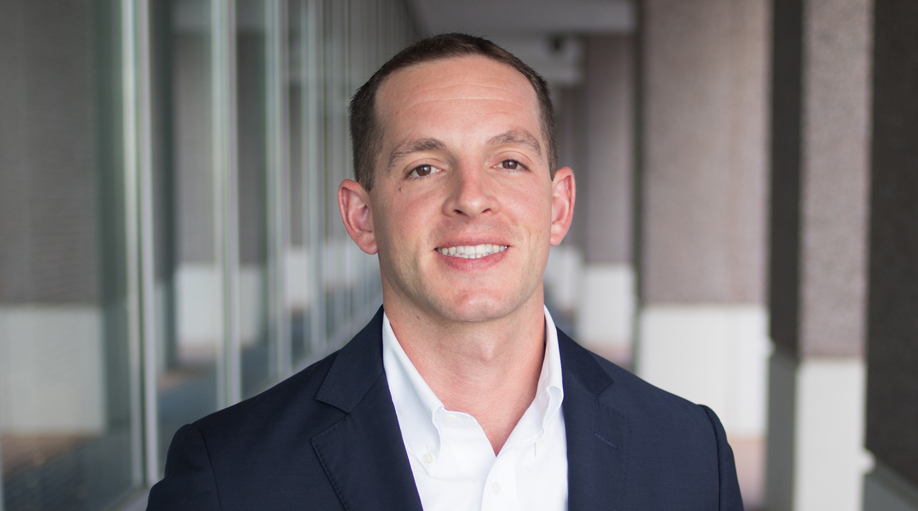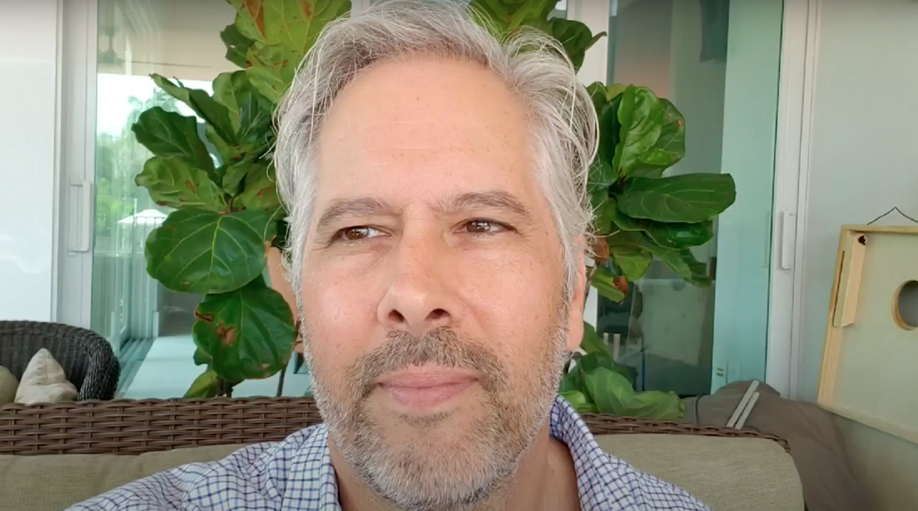Bill, can you talk to us about how your business has changed in light of the current situation?
At PSM Facility Solutions we offer a variety of different services, some unfortunately have ceased while others have expanded. Facility maintenance and repairs has been limited by businesses that are closing. On the general cleaning side, we have also had clients who have limited our services since there is no need to clean due the fact that there are no people at their place of business.
We have experienced an uptick in activity for companies that are still operating. Operating businesses inquiring about ‘deep cleaning’ and disinfecting to protect their workforces. It is important to understand that there is a distinction between a disinfecting function vs. a cleaning function. When simply cleaning, you are treating surfaces and removing the dust, dirt, and environment that creates shelter for germs and viruses. Disinfecting and sanitizing however, is an expanded service that requires ‘dwell times’ for the product to kill the viruses and bacteria. We focus on the ‘high touch’ areas, taking a more deliberate and slow approach, since that is what is required to truly treat these area. Our employees come in with full body suits, masks, gloves, and use specific chemicals.
Regarding these sanitation processes and chemicals, are there new industry standards and guidance from the agencies on how to deal with this particular outbreak?
We follow the EPA registered and recommended processes, as well as utilizing the recommended chemicals. No-one can claim that they have the COVID-19 disinfectant since not enough research has been done on this new virus; however this is one of several corona viruses that share zootonic origins with others that have come in the past. Based on our research done on these previous coronaviruses, there are disinfectants that the EPA believes work and it is these medical grade chemicals that we are using currently.
How about other ways of disinfecting Bill, for example have you seen the devices online that use ultraviolet light to disinfect?
That is a technology that has been around for some time and does work to a degree. It takes the feeding ability of the germs and viruses away and it is an effective method, but not the optimal method. The tried and true methods of using chemicals are stronger. Other techniques, such as electrostatic methods, can work to a degree, but again not as effective as the more traditional methods. In my opinion, now is not the time to be experimenting and instead, we must focus on what our experience tells us works best.
We hear a lot about foggers. What are your thoughts?
The problem is that there is not evidence that the fogging is sufficient – some surfaces will not be covered. We are not offering fogging as a solution because we don’t have a proven efficacy rate and this is not the time to experiment with unproven means and people’s health.
Do you think this will change the real estate workplace?
I think the workplace has been changing for some time. For a while, we have been talking about having more collaborative spaces. Our firm has focused on proving a workplace that provides private spaces for concentrated work and on providing places that encourage brainstorming and teamwork. After this period of working from home, we are going to value in-person collaboration even more. But we also will be thinking about personal safety and the increased value of remote technology. Developers and designers in the future may consider workspace distance. People will be looking at hygiene standards in the workplace in a new and more personal way. We are going to look at the value of working together – but having sufficient distance so we are not within sneezing range of each other.
As a person whose business is centered around dealing with and mitigating these health concerns, how do you think the coronavirus crisis will change businesses’ approach to hygiene in the future?
This pandemic is focusing our attention on cleanliness and as such, we are getting questions from different business. The lack of hygiene in the workplace is an issue that costs the economy billions a year. This coronavirus crisis is refocusing people’s attention on the hygiene in the workplace and it is making us aware of the need to maintain a cleaner workplace and treat the environments where these germs and viruses thrive. It is interesting that we think about brushing our teeth daily but not cleaning our offices. I believe that this outbreak will cause people to give a heightened priority to a clean and sanitized workplace.
How do you train employees and are there people viable for this type of work?
Something I always say is that it is important to know that ‘clean does not smell’; do not confuse a fragrance with a clean surface and facility. We have employed the services of an in-house expert with a chemical manufacturing background to guide our personnel’s training and approach to train them to be in line with the EPA and the CDC guidelines. We have personally trained our employees on their personal protective equipment as well as the correct processes to ensure that they execute effectively. The training starts with their own persons, with a focus on personal hygiene and a systematic approach so that there is no cross-contamination of areas.
This has been amazingly informative Bill, I appreciate you taking the time. Any other thoughts on how this COVID-19 situation will shape the future?
I believe that out of this situation there will be a surge in remote work. People that were not familiar with remote working, being forced to adapt to technology. Also, I believe workplace hygiene and sanitation will, thankfully, become a top priority in all business environments, from offices to retail, to industrial warehouses.
Enjoyed this Q&A and want to share? Click here.






